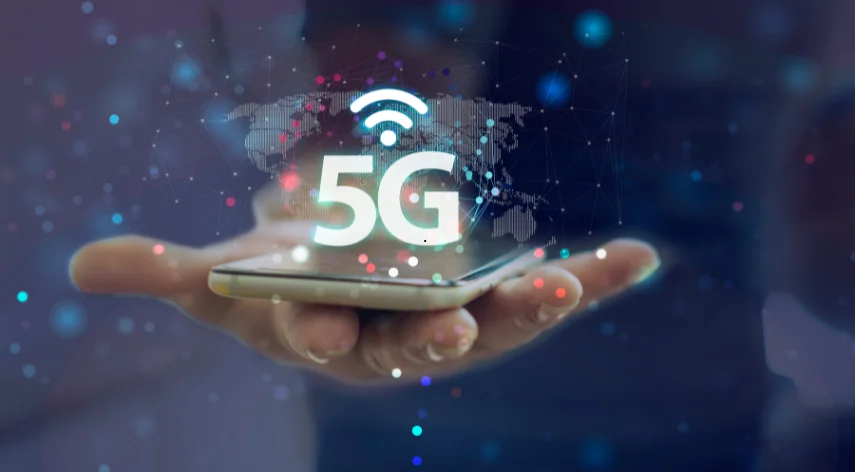The race for 5-G dominance has become a global standoff, with major tech giants and governments vying for supremacy. As we stand on the brink of a new era in telecommunications, the stakes have never been higher. Let’s delve into the intricate details of this technological standoff and its implications for the future.
What is 5G
A New Era in Connectivity
5-G, the fifth generation of mobile networks, promises to revolutionize the way we connect and communicate. It offers lightning-fast internet speeds, low latency, and the ability to connect a massive number of devices simultaneously. This leap in technology is expected to drive advancements in various sectors, including healthcare, transportation, and entertainment.
The Promise of 5G
- Speed: 5-G can provide download speeds up to 100 times faster than 4G.
- Latency: Reduced to mere milliseconds, enabling real-time communication.
- Capacity: Supports up to 1 million devices per square kilometer.
The Global 5G Standoff
The Players
The 5-G standoff involves several key players, each with their own strategic interests and capabilities.
The United States
The U.S. has been a frontrunner in technological innovation, with companies like Qualcomm and Intel pushing the envelope in 5-G research and development. The U.S. government has also taken a strong stance on national security concerns, particularly regarding the use of foreign-made 5-G equipment.
China
China, with Huawei at the forefront, has made significant strides in 5-G technology. Huawei’s competitive pricing and advanced technology have made it a global leader, though it faces intense scrutiny and restrictions from Western countries over security concerns.
Europe
European countries are caught in the middle, with companies like Ericsson and Nokia playing pivotal roles in the 5-G ecosystem. The European Union is working to balance economic interests with security considerations.
The Issues at Stake
National Security
One of the primary concerns in the 5-G standoff is national security. The U.S. and its allies have raised alarms about potential espionage and cybersecurity threats posed by using equipment from Chinese manufacturers like Huawei.
Economic Competition
5-G technology is expected to generate trillions of dollars in economic value over the next decade. Countries and companies that lead in 5-G deployment and innovation stand to gain a significant economic advantage.
Technological Leadership
The race for 5-G dominance is also about establishing technological leadership. The country that leads in 5-G is likely to set the standards and norms for future technological developments, giving it a strategic edge.
The Implications of the 5G Standoff
For Consumers
Consumers stand to benefit from faster internet speeds, improved connectivity, and innovative new services. However, the standoff could delay the rollout of 5G in some regions and increase costs.
For Businesses
Businesses, particularly in sectors like telecommunications, manufacturing, and healthcare, could experience transformative changes. The ability to leverage 5G technology could drive innovation, efficiency, and new business models.
For Governments
Governments need to navigate complex geopolitical and economic landscapes. They must balance the benefits of 5G technology with security concerns and international alliances.
Moving Forward: Squaring the Net
Collaboration and Competition
The path forward in the 5G standoff will likely involve a mix of competition and collaboration. Countries and companies will continue to compete for technological and economic leadership, but there may also be opportunities for collaboration in setting global standards and addressing security concerns.
Innovation and Regulation
Innovation will drive the 5G revolution, but it must be accompanied by robust regulation. Governments and international bodies will need to establish frameworks to ensure the security and fairness of 5G networks.
The Role of Public Opinion
Public opinion will play a crucial role in the 5G debate. As consumers and citizens become more aware of the implications of 5G technology, their voices will influence policy decisions and corporate strategies.
Conclusion
The 5G standoff is a complex and multifaceted issue with far-reaching implications. As the world navigates this technological frontier, the decisions made today will shape the future of connectivity and communication. The challenge is to balance the benefits of 5G technology with the need for security, economic stability, and international cooperation.

